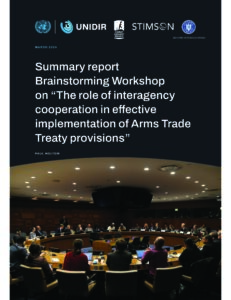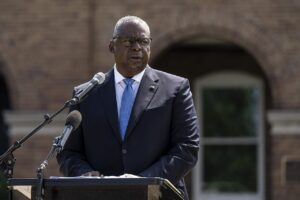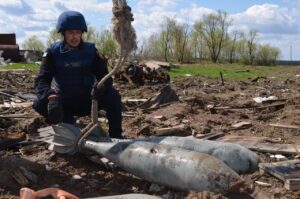Summary
The rate at which states are joining the 2013 Arms Trade Treaty (ATT) has naturally slowed. Universalization efforts have been carried out through a variety of different frameworks, both within the ATT regime—including the Working Group on Treaty Universalization (WGTU), a sponsorship programme and the Voluntary Trust Fund (VTF)—and by the United Nations, regional organizations and civil society.
Universalization of the ATT contributes to the development of standards and norms in the international arms trade. If a party flouts the treaty’s requirements, it undermines the treaty and makes universalization less meaningful. Thus, universalization means both expanding the number of states parties and ensuring that they live up to their obligations.
Read the full report here.



